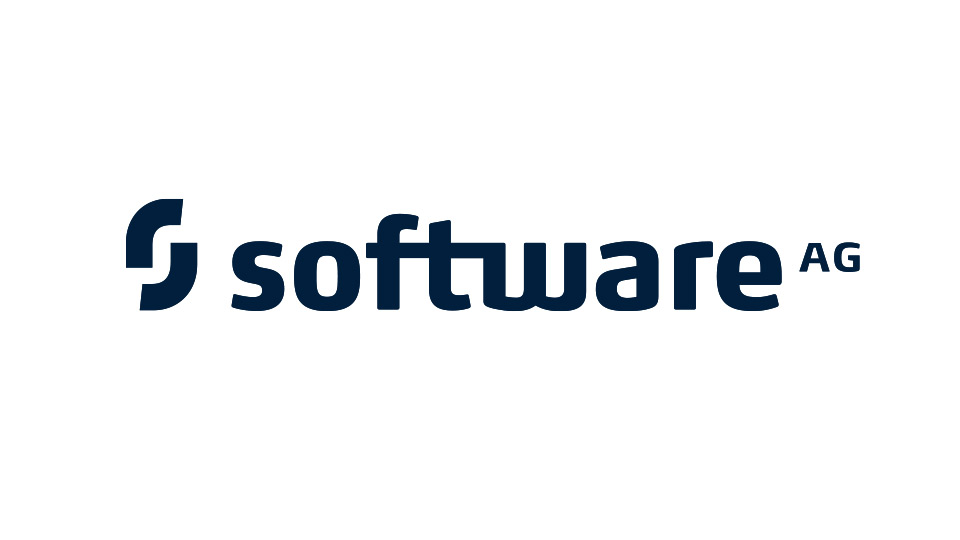Meet our customer hero
Making the industrial world turn
For more than a century, ASPINA has been at the forefront of industrial innovation. Yukinori Kaneko, its Japanese founder, revolutionized the world of silk spinning back when yarn was considered high-tech. Since it turned to motors in the 1960s, its engineering know-how has helped makers of industrial equipment, automotive components and medical technologies continually push new boundaries. Shinano Kenshi, its long-time corporate brand, means “swordsmaster of goods”—a reflection of its constant evolution, diversification and embracing of new technologies.
Under the new corporate brand, ASPINA, it continues to aspire to find new ways to grow together with customers, while remaining focused on the future of new technologies.
ASPINA innovation technologies are embedded in everything impacting and simplifying human lives from respiratory devices to automotive comfort systems, to robotics—developing the core motor application to a higher-level complete system solution.
Today, giving its customers the best means more than just delivering top-of-the-line components. It also means ensuring its devices are ready to seize the opportunities of the Internet-of-Things era—and enable its customers to build smart products that make the most of big data.
Back in 2017, ASPINA unveiled a new business development unit, based in California, which sought to look beyond the company’s core mechanical products and investigate ways to increasingly package hardware and software together. Management soon began looking for a partner to power this intelligent transformation. Cumulocity IoT, Software AG’s industry- leading, open IoT platform, turned out to be just what they needed.
Toward an IoT-enabled prototype
Cumulocity IoT wasn’t an obvious choice at first. ASPINA had its own software engineers in-house and was considering building a homegrown IoT solution. It then looked into Cumulocity IoT along with three other external platforms. Cumulocity IoT won the day because it offered the best mix of essential features. It had the power to provide lightning-fast visibility over remote assets, yet its architecture was strikingly simple. It was also cost competitive and offered edge computation—which meant that data would be closer to IT managers’ fingertips.
Cumulocity IoT also came with the promise of support from Software AG’s IoT Center of Excellence—a perk that proved its value right after a deal was signed in 2018. That’s when ASPINA’s business development unit began building a sample smart device to test its newfound capabilities. After three months, it had a product—a dashboard-connected prototype industrial blower. ASPINA then took it on the road to present it to target customers and its own teams in Germany, Japan and China. According to Marcel Azary, ASPINA’s Senior Vice President for Business Development, Software AG’s support in this process was critical.
“At the beginning, we definitely needed some hand-holding,” he said. “They were supportive and most importantly they were patient. Overall, the chemistry with Software AG has been fabulous.”
The sensors that could save lives
The prototyping process led ASPINA to several insights. Most important was the need to target customers whose future products would live or die through connectivity. Many of these were companies developing IoT-enabled medical devices, offering real-time diagnostics that can save and improve patients’ lives.
Today, ASPINA is in advanced stages of discussion with three companies over what it hopes will soon become commercialized smart connected products—including a wearable blood pressure monitor that creates models to predict when a patient is about to undergo heart failure.
ASPINA’s appeal, Azary said, is that its bread and butter—motors—are at the core of many wearable devices. And the most accurate data comes from sensors embedded in motors, rather than those that might be added during later stages of assembly.
“We’re introducing connectivity to the most basic stage of the design,” he said. “By building our motors with sensors in them already, and offering them with Cumulocity IoT's top-notch analytics, we’ve created a solution that we think will be hard to beat.”
As ASPINA works toward bringing these new products to market, it’s already testing additional Software AG solutions that could further fuel its emergence as an industrial analytics powerhouse. At the top of the list is TrendMiner, the high-performance analytics engine for data captured in time series. With TrendMiner, Azary explained, process engineers and operators can easily build models based on data as it’s being streamed— without the need of an expert data scientist.
Azary called this a “jewel,” noting it’s especially appealing for new applications, where data is too fresh to manually search for trends. He admitted, however, that is for the future.
For now, ASPINA is embarking on its newfound IoT adventure one step at a time. “With Cumulocity IoT, we are changing our way of thinking,” Azary said, noting the company’s new emphasis on connectivity lines up perfectly with the launch of early 5G networks. “We’re sitting on a platform that’s about to take off.”





